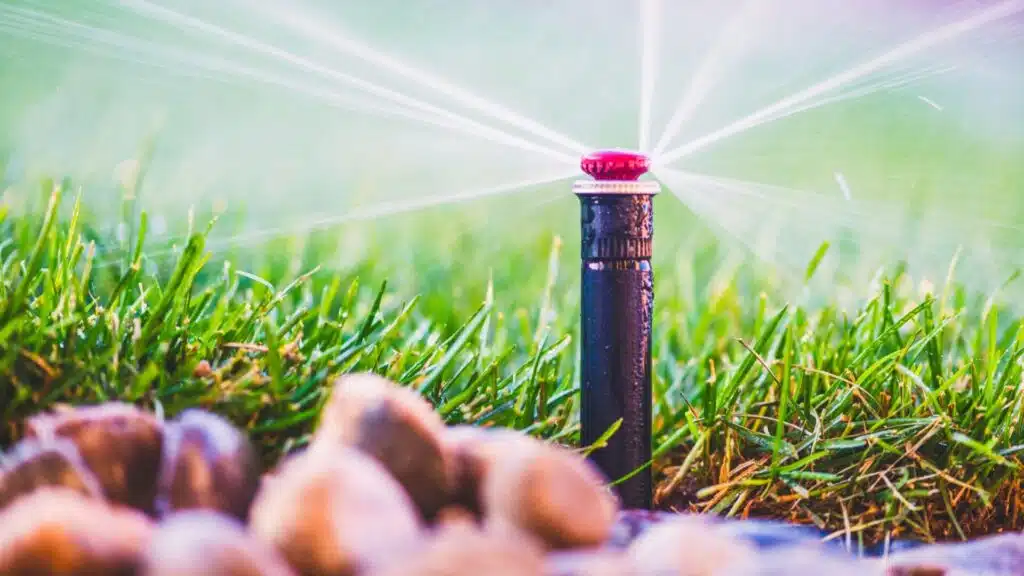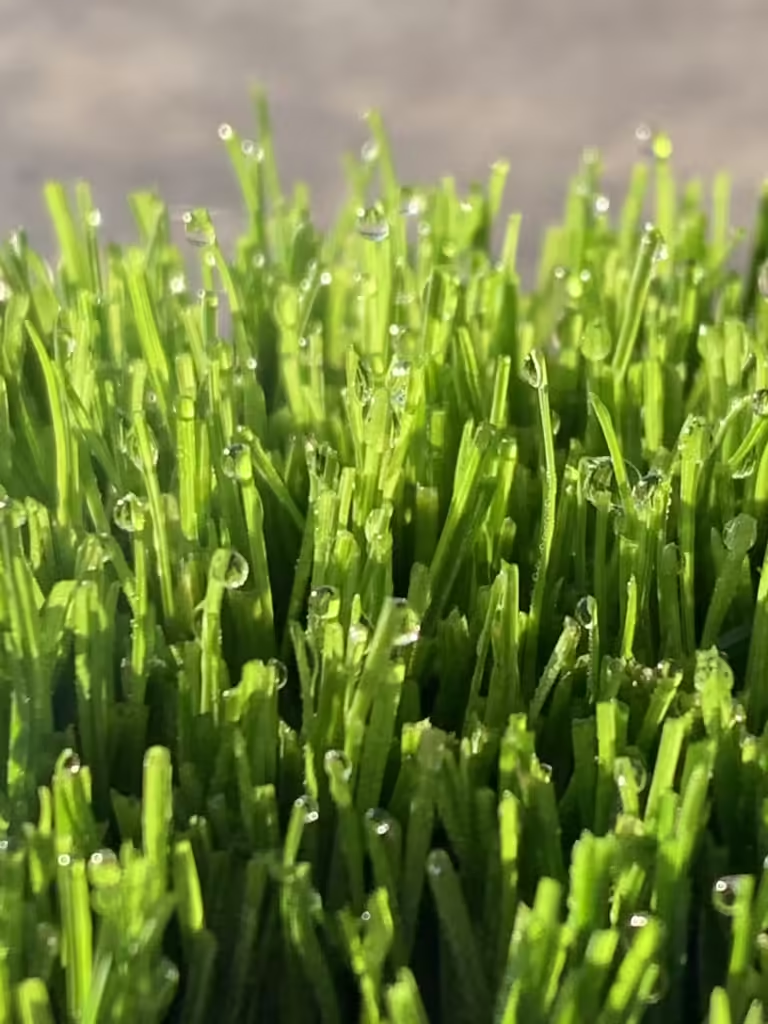If you’ve lived in Houston long enough, you know water restrictions are part of the deal. Every few summers, the drought monitor lights up, and the city enforces “twice-a-week” watering schedules. For homeowners who take pride in their yards, this can feel like a panic moment—especially when St. Augustine or Zoysia grass starts browning.
But restrictions don’t have to mean disaster. With the right adjustments, your lawn can stay green and resilient while you stay compliant. Below, we’ll explain why restrictions happen, how they affect your grass, and the smart strategies Houston homeowners are using to keep lawns thriving during dry spells.
1. Why Houston Enforces Water Restrictions
The Problem: Many homeowners assume restrictions are just red tape. In reality, they protect both infrastructure and water supply.
Quick Insight: Houston relies on reservoirs like Lake Livingston and water from the Trinity and San Jacinto River systems. When drought conditions reduce rainfall, demand for irrigation spikes, and conservation becomes essential. Texas A&M AgriLife notes that managing demand during these periods keeps both municipal supply and lawns healthier in the long run【Texas A&M AgriLife Extension】.
Actionable Tips
-
Know Your Days – The City of Houston typically assigns watering schedules by odd or even house numbers【City of Houston】.
-
Adjust Early – Update irrigation timers as soon as restrictions are announced.
-
Prioritize – Focus watering on lawns and young trees; established shrubs tolerate drought more easily.
-
Stay Compliant – Running sprinklers outside approved times can lead to fines.
Local Example: In 2022, Katy homeowners under Stage 2 restrictions who reprogrammed controllers ahead of time avoided citations—and their lawns held up better than neighbors scrambling to adjust.
2. How Restrictions Affect Your Grass
The Problem: Houston’s clay-heavy soils dry quickly and crack under heat, making lawns more vulnerable.
Quick Insight: Most warm-season turfgrasses in Houston need about 1–1.5 inches of water per week, according to Texas A&M AgriLife research. That’s achievable with twice-weekly watering—provided each cycle is deep enough to soak six to eight inches into the soil【Texas A&M AgriLife Extension】.
Actionable Tips
-
Deep Water Twice Weekly – Long sessions encourage deeper roots.
-
Use the Screwdriver Test – If a screwdriver stops after 3 inches, your lawn isn’t getting enough water.
-
Water Early Morning – Texas A&M recommends irrigating before 9 a.m. to reduce evaporation and disease pressure【Texas A&M AgriLife Extension】.
-
Avoid Heavy Fertilizer – Extra nitrogen during heat stress can do more harm than good.
Local Example: A Heights homeowner shifted from daily light watering to two deep weekly sessions. By August, their grass rooted deeper and recovered faster than neighbors sticking with old routines.
3. Smarter Ways to Stretch Your Water
The Problem: Even when restrictions allow irrigation, much of it is wasted through runoff or evaporation. The EPA estimates 30–50% of outdoor water use is lost this way【EPA WaterSense】.
Quick Insight: Improving sprinkler efficiency and soil health makes restricted watering go further.
Actionable Tips
-
Check for Leaks and Clogs – A single broken head can waste hundreds of gallons.
-
Cycle and Soak – Two shorter sessions prevent runoff in clay soils.
-
Mulch Beds and Trees – Mulching lowers soil temperature by up to 10°F and locks in moisture【Texas A&M AgriLife Extension】.
-
Aerate and Compost – Annual aeration with a compost topdress improves soil structure, allowing water to penetrate deeper.
Local Example: In Summerwood, a family combined mulch around trees with “cycle and soak” irrigation. Their yard stayed lush while neighbors with runoff-heavy setups battled dry patches and higher water bills.
FAQ – Houston Homeowners Ask
Q: Will my grass die under watering restrictions?
A: No. Warm-season grasses like St. Augustine and Bermuda may go semi-dormant but bounce back with proper care【Texas A&M AgriLife Extension】.
Q: Can I hand-water outside restriction days?
A: Yes. The City of Houston allows hand-watering with a hose or watering can at any time【City of Houston】.
Q: Should I overseed during restricted months?
A: Not in summer. Overseeding is best in fall or spring when water is more available.
Q: What about new sod or trees?
A: New installations often qualify for exemption permits. Always confirm current rules with the city.
Next Steps for Homeowners
If your lawn is showing stress under restrictions—or you’re simply tired of guessing—a professional lawn assessment can help. At Evergreen Outdoor Services, we design watering schedules, soil treatments, and irrigation adjustments tailored to Houston’s conditions. Many homeowners end up not only protecting their grass but also lowering their monthly water bills.
By making these small adjustments, you’re also conserving one of Houston’s most valuable resources: water. A healthy lawn, managed wisely, isn’t just good for curb appeal—it supports the environment and helps our community handle droughts more sustainably.
External Resource: Texas A&M AgriLife Extension – Lawn & Garden Resources


